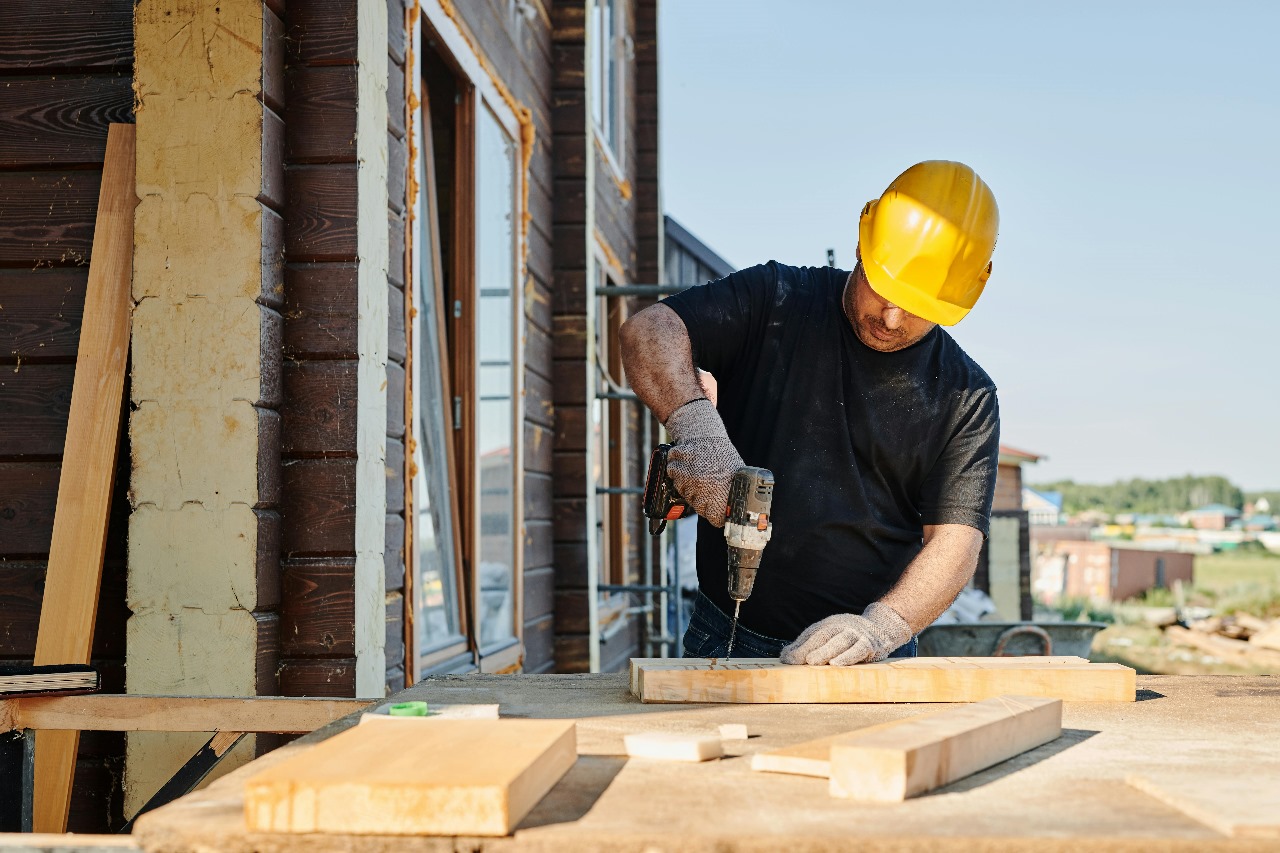
Understanding austin senior home care
Austin senior home care is a comprehensive service designed to support the elderly in their own homes, providing personalized care to help them maintain their independence and quality of life. As the demand for such services continues to rise, it’s essential to understand the breadth and depth of what these services entail. Care can range from assistance with daily activities to specialized support for health conditions, ensuring that seniors receive the necessary help tailored to their unique situations. This approach enables families to better navigate the complexities of senior care and provides peace of mind knowing their loved ones are being looked after. For those interested in learning more about these services, austin senior home care can offer a wealth of information and resources.
What is austin senior home care?
Austin senior home care refers to a variety of in-home services designed specifically to assist the elderly in daily activities while ensuring their safety and comfort. This care can be non-medical, such as helping with personal hygiene, meal preparation, or mobility assistance, or it can include skilled medical services provided by licensed professionals. The primary goal of these services is to allow seniors to live independently in the comfort of their own homes for as long as possible. In-home care may encompass part-time or full-time services depending on the individual needs of the senior, often adapting as those needs change over time.
Benefits of choosing austin senior home care
Choosing austin senior home care comes with numerous benefits, both for seniors and their families. First and foremost, it provides comfort and familiarity, allowing seniors to stay in an environment where they feel secure. This setting can significantly enhance mental and emotional well-being, as opposed to transitioning to a facility where they may feel isolated or disoriented.
Furthermore, many studies have shown that seniors receiving in-home care often experience better health outcomes. With personalized attention, skilled caregivers can monitor health changes, administer medications, and provide timely intervention for emerging health issues. This proactive approach not only helps in managing chronic conditions but also aids in preventing hospitalizations.
Affordability is another critical factor; in-home care can often be more cost-effective than assisted living or nursing homes, allowing families to tailor their care plan to their budget. Lastly, Austin senior home care promotes higher levels of independence and dignity, enabling seniors to make choices about their daily routines and lifestyles, fostering a sense of control over their lives.
Who needs austin senior home care?
Austin senior home care is beneficial for a broad range of individuals, particularly those who have difficulty performing daily activities independently. Seniors recovering from surgery or those with chronic illnesses such as diabetes, heart disease, or neurodegenerative disorders like Alzheimer’s can significantly benefit from in-home care services, which help them manage their health and maintain a better quality of life.
Additionally, family caregivers looking for support may find in-home care invaluable, allowing them to balance their responsibilities while ensuring their loved ones receive the attention they need. This service is also ideal for seniors seeking companionship, as social isolation can have profound effects on overall health and well-being. By bringing care into the home, families can ensure that their elderly relatives receive consistent and compassionate support tailored to their specific requirements.
Key Services in austin senior home care
Personal care services
Personal care services are a cornerstone of austin senior home care. These services focus on assisting seniors with daily personal tasks that they may struggle to perform independently. This support can include assistance with bathing, dressing, grooming, toileting, and mobility. Caregivers are trained to handle these tasks with dignity and respect, ensuring that the senior feels comfortable and cared for throughout the process.
Furthermore, personal care services can extend to meal preparation and feeding, medication reminders, and monitoring for any significant health changes. These essential services not only help maintain hygiene and health but also foster emotional well-being by promoting self-esteem and independence in personal care routines.
Companionship support
Companionship support plays a critical role in austin senior home care services. Many seniors struggle with feelings of loneliness and isolation, which can lead to depression and anxiety. Having a caregiver present not only provides assistance with daily tasks but also offers a social connection that is invaluable for mental health.
Caregivers can engage seniors in various activities, such as reading, playing games, or simply sharing stories, which can stimulate cognitive functions and promote interaction. Companionship support is particularly crucial for individuals who live alone or have limited family visibility, as it can help reduce feelings of isolation, fostering a stronger sense of community and belonging.
Specialized assistance programs
In addition to general personal and companionship care, austin senior home care providers often offer specialized assistance programs tailored to specific health needs. This can include dementia and Alzheimer’s care, post-operative care, chronic disease management, and other specialized services that require professional training and expertise.
For example, caregivers trained in dementia care use techniques to mitigate anxiety and confusion that those with cognitive decline might experience. These specialized programs are designed to address not only the physical needs of seniors but also their emotional and psychological well-being, which is paramount in delivering holistic care.
Choosing the Right austin senior home care Provider
Factors to consider when selecting a provider
Selecting the right austin senior home care provider is a critical decision for families. Some essential factors to consider include the provider’s reputation, licensing, and accreditation. Checking online reviews and testimonials from previous clients can offer insight into the quality of care provided.
Also, consider the range of services offered by the agency. Some providers may focus more on personal care, while others may offer specialized services or a wider variety of assistance. Flexibility and customization of care plans are also crucial; you want a provider that can adapt as your loved one’s needs evolve.
Moreover, inquire about the caregiver’s training and experience. It is important that caregivers possess not only the appropriate certifications but also the soft skills required to provide compassionate and effective care.
Questions to ask potential caregivers
When interviewing potential caregivers or agencies, it is important to prepare a list of questions that can help gauge their suitability. Questions might include:
- What specific services do you offer?
- What is your screening process for hiring caregivers?
- How do you handle emergencies or medical situations?
- Can you provide references from other families?
- What is the procedure for changing caregivers if necessary?
These questions will provide a better understanding of how an agency operates and how they prioritize client care, which is essential for making an informed decision.
Assessing caregiver qualifications and backgrounds
Assessing caregiver qualifications is paramount to ensuring quality care. It is essential to verify the caregiver’s credentials, including certifications in CPR, first aid, and specialized training relevant to the senior’s needs.
Moreover, understanding the caregiver’s background is equally important. Background checks, including criminal history and driving records, should be conducted to guarantee safety and reliability. Many agencies also track ongoing training and education requirements for their caregivers to ensure they remain up-to-date with best practices in senior care.
Creating a Tailored Plan for austin senior home care
Conducting an assessment of needs
Creating a customized care plan begins with a thorough assessment of the senior’s needs. This process involves evaluating physical, emotional, and cognitive health aspects, ensuring a holistic approach to care. Families should work closely with care providers to identify specific challenges the senior faces and discuss ideal outcomes of the care plan.
The assessment phase might involve home safety evaluations, health screenings, and consultations with healthcare professionals to establish a comprehensive understanding of what’s required to provide appropriate support.
Incorporating family preferences
Involving families in the care planning process is crucial. Each family has unique preferences and expectations regarding the type of care a loved one should receive. Regular communication between families and caregivers ensures that care plans align with the senior’s lifestyle, preferences, and cultural values.
Families should also outline any specific routines, dietary preferences, or activities that help promote the senior’s sense of identity and fulfillment, which can dramatically improve their overall quality of life.
Adjusting care plans over time
One of the benefits of austin senior home care is its adaptability. Seniors’ needs can change over time due to health status, mobility, or cognitive function. Regularly reviewing and updating the care plan ensures that care remains effective and relevant.
Care providers should be proactive in initiating these discussions and adjustments, offering families peace of mind that their loved ones are receiving optimal support as their situations evolve. Regular feedback and communication between caregivers and family members can facilitate these adjustments efficiently, ensuring continuous improvement in care services.
Measuring the Success of austin senior home care
Indicators of effective care
Measuring the success of austin senior home care can be multifaceted and involves several indicators. Key measurements include the senior’s health outcomes, including physical health records, mobility assessments, and overall emotional well-being.
Moreover, consistent engagement and participation in activities also signify effective care. If a senior shows increased participation in social activities or expresses satisfaction with caregivers, it’s a good indication that the care is meeting their needs.
Soliciting feedback from clients and families
Regular feedback from both the clients receiving care and their families is essential for continuous improvement. Care providers should encourage open lines of communication to receive insights about caregivers’ performance and any concerns that may arise.
Implementation of routine check-ins and satisfaction surveys can also be instrumental in gauging the effectiveness of services provided. This data will help identify areas for improvement and address any issues before they escalate.
Continuous improvement in care services
Continuous improvement in care services is vital for ensuring that austin senior home care remains relevant and effective. Care agencies should invest in ongoing training for caregivers to keep them updated with the latest in senior care best practices, safety protocols, and innovative care techniques.
Additionally, assessing performance metrics regularly, including satisfaction ratings and health outcomes, helps organizations refine their offerings. Families also play a role in this process by advocating for their loved ones’ needs and sharing experience-driven insights.







